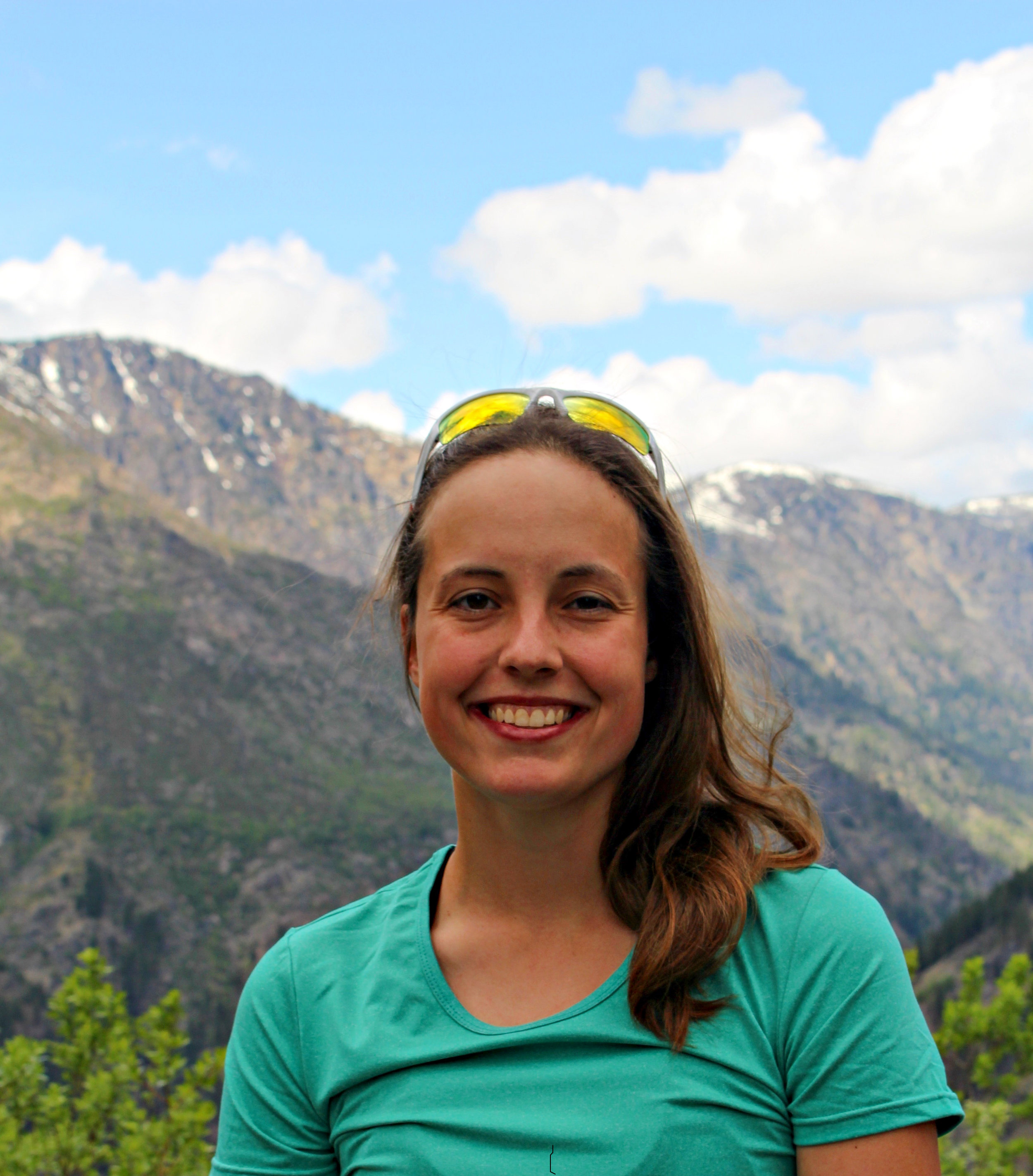Aspect’s Infrastructure team will be at the Association of Environmental and Engineering Geologists (AEG) 65th Annual Meeting this month in Las Vegas. Associate Engineering Geologist Mark Swank, CEG, LEG, and Staff Geologist J. Bodie McCosby, GIT, will present as part of the Dams and Levees Technical Symposium on Thursday, September 15.
Bodie’s talk, “Eightmile Lake Restoration Project - Characterization of a Landslide Dam,” chronicles his and Aspect’s ongoing geologic and seismic studies to modernize the dam infrastructure at the remote Eightmile Lake dam, which was built on an ancient landslide in the Alpine Lakes Wilderness Area of the Cascades.
Drill rig at the remote Eightmile Lake site
Mark’s presentation, “River’s Edge – The Story of a Levee Setback and Restoration Project,” is on Aspect’s recent project for the Jamestown S’Klallam Tribe to build a new levee setback and restore natural river processes along the Lower Dungeness River near Sequim. Earlier this year, the River’s Edge Levee Setback Project won in the Geotechnical category of the Seattle Section of the American Society of Civil Engineers (ASCE) Local Outstanding Civil Engineering Achievement Awards.
Aerial view of the new levee setback – photo courtesy of the Jamestown S’Klallam Tribe
Mark will also moderate the “Wild Problems, Unique Solutions, and Lessons Learned” panel on Friday, September 16.













